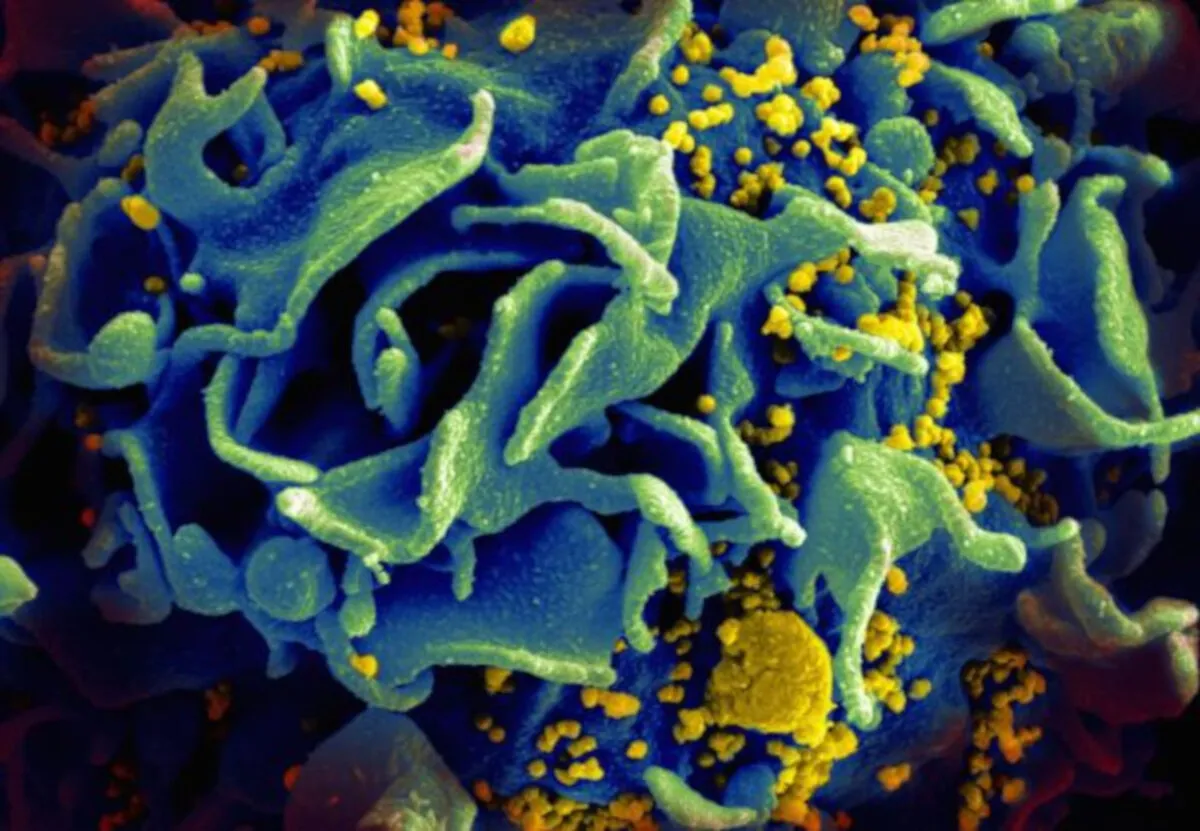Medicine Research: NIH Launches Trial for Rectal Microbicide in HIV Prevention

The National Institutes of Health (NIH) has officially launched a clinical trial to explore the safety and acceptability of a novel rectal microbicide designed for HIV prevention. This groundbreaking study utilizes an innovative approach by employing an antiretroviral drug within a douche aimed at reducing HIV transmission risk.
Overview of the Clinical Trial
This trial represents a pivotal step in health research, aiming to provide crucial data on the effectiveness of rectal microbicides as a preventative measure against HIV. Participants will be monitored for safety and adherence to the treatment regimen throughout the study period.
Importance of the Research
- Innovative Approach: The use of a rectal microbicide could significantly change prevention strategies for at-risk populations.
- Potential Impact: Findings from this research could lead to enhanced prevention tools and reduced transmission rates.
- Contribution to Medicine Science: The trial will add valuable insights into effective HIV prevention methods.
Future Implications for Health Research
As this NIH-funded trial progresses, the implications for public health strategies are extensive. Results from this study could open doors to further research and innovations in the global fight against HIV.
This article was prepared using information from open sources in accordance with the principles of Ethical Policy. The editorial team is not responsible for absolute accuracy, as it relies on data from the sources referenced.